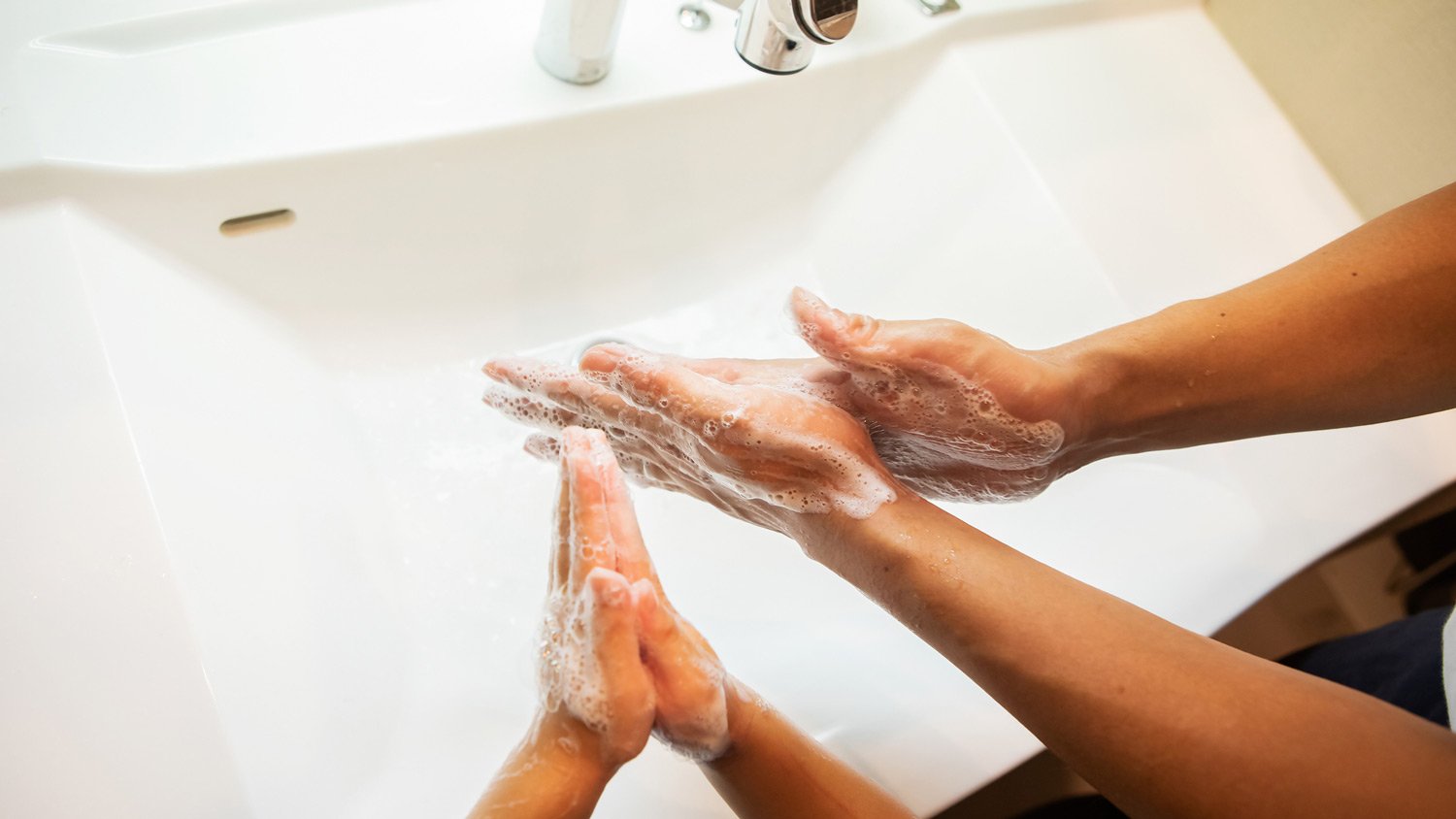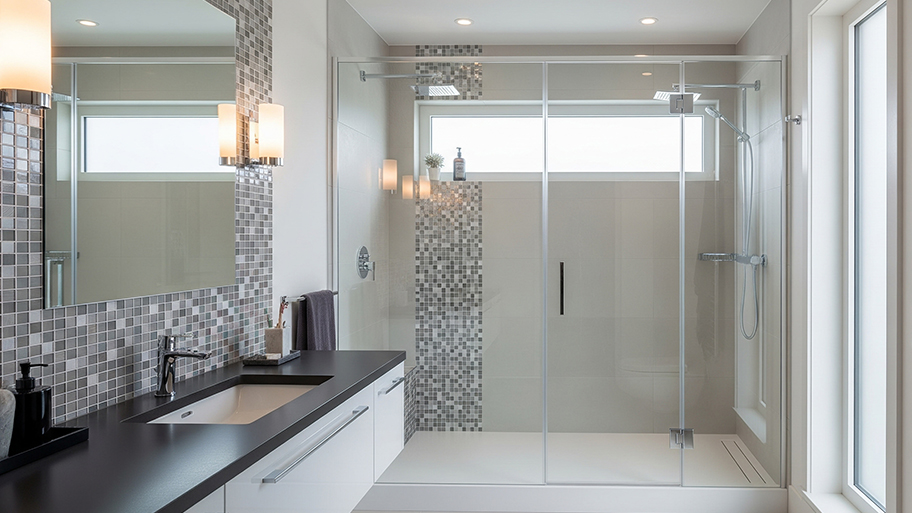
Fixing a slab leak requires finding the leak, digging a trench, breaking the slab, pipe lining, and more. Keep reading to learn how to fix a slab leak.
Homeowners insurance can be a lifesaver when it comes to water damage, but it doesn’t cover everything


Homeowners insurance covers water damage that is “sudden and unexpected.”
It will not cover water damage caused by negligence, poor maintenance, or gradual damage.
It will also not cover flooding from a storm.
When you file a claim, your insurance company will send an adjuster to investigate the damage.
If your claim is denied, you can file an appeal, or even a lawsuit as a last resort.
Homeowners insurance: It's what every homeowner needs to have, but no one ever wants to use. But when it comes to water damage, there are some need-to-knows about what your insurance actually covers.
Whether or not your homeowners insurance covers the cost of water damage depends on the nature of the damage. This guide breaks down what you can expect.
Homeowners insurance typically will cover any water damage that is "sudden and accidental.” If the source of the water is inside your home, like a burst pipe, broken water heater, or faulty appliance, and the damage isn’t due to negligence, insurance will likely cover the damages.

If your water heater is well maintained and still springs a leak, your homeowners insurance should cover it. That said, if you’ve been neglecting your water heater upkeep, your insurance company can deny your claim.
At the end of the day, if the damage is caused by the homeowner’s negligence, that’s on you. If a contractor or plumber causes water damage, the claim should be processed through their insurance, not yours.
Yes, homeowners insurance does cover water damage from leaking pipes in certain circumstances, but it comes down to how sudden and unexpected the event was.
Did a pipe burst and flood your basement? That will almost certainly be covered. Has a pipe been leaking behind your cabinets for months and seeping under the floorboards? The insurance company may fight you on that one. If it's a slow, gradual leak that you don't notice for months, that will likely come from your own wallet.
If your dishwasher leaks and causes damage while you are at work, that's a sudden and unexpected event that will most likely be covered under your homeowners insurance policy.
However, if you neglected to perform proper maintenance or didn't fix an obvious issue with your dishwasher, the insurance company may deny the claim.
Also, the insurance won't pay for a new dishwasher: you'll be on the hook for that.
Insurance companies won’t pay out for some kinds of water damage, including damage that could have been prevented with maintenance and flooding from weather events. Make sure you know exactly what kind of water damage your policy does and doesn’t cover before making a claim.
No, homeowners insurance will not cover flood damage restoration, even from a storm. The reason comes down to cost: Generally, when there is a major flooding event, a lot of homes are affected and that costs the insurance company a ton of money. If they covered flooding, they would be out a massive amount of money whenever a hurricane hit an area. As a result, homeowners insurance policies stopped covering flooding decades ago, and flood damage and water damage are classified as different kinds of losses.
However, your insurance may still cover damage caused by a heavy rainstorm if it gets into your home somehow and causes sudden water damage. You’ll need separate flood insurance to protect your home.
Surprisingly, even if a sump fails suddenly and unexpectedly, your homeowners insurance often won’t cover it. As a result, you may need to get separate sump and water coverage for your home. Otherwise, you could be on the hook for replacing both the sump pump and fixing the water damage.
Owning a home requires maintenance. Repairs and upkeep aren’t a one-and-done job. Household water appliances—sinks, refrigerators, dishwashers, washing machines—need regular maintenance. A leaking sink doesn’t seem too problematic in the beginning. If you wait and your home experiences water damage from a leaky sink that’s been leaking for months, your homeowners insurance won’t cover it.
Your washing machine suddenly malfunctions. Water overflows and seeps into the surrounding area. Homeowners insurance will cover the cost of the water damage from the unforeseen accident but don’t expect them to foot the bill for a new washing machine. Homeowners insurance won’t cover the cost of repairing or replacing your appliance.
If a sewer or drain is backed up, this can lead to water damage on your property. Unfortunately, regular homeowners insurance doesn’t cover this, but you can opt-in for special coverage.
Insurance companies won’t cover water damage that comes about from your own negligence. An “oops, my bad” isn’t enough for them to cover the potential hundreds or thousands of dollars water damage can do to your home. For example, pipes are prone to freezing and bursting in the winter if the inside temperature of your house is too cold. While burst pipes are included in regular homeowners insurance, they won’t be if you neglected to properly warm your home. In this case, the water damage was preventable and unlikely to be covered by your homeowners insurance.
There are several things you’ll need to do in the aftermath of water damage. Locate the source. Turn off the power if you’re dealing with major flooding. If there’s only water damage and no sitting water, you’ll need to file a claim with your insurance company. Filing an insurance claim can be nuanced—there is a right way and a wrong way. Before you call your insurance company, make sure you come prepared with tips on water damage insurance claims. For example, although they’ll send a claim adjuster, you should still document the damage with pictures and videos.
Next, you’ll need to assess whether you can—or want to—handle the repairs and restoration. Minor water damage is typically a job suitable for inexperienced homeowners; however, extensive damage calls for the expertise of a local water damage restoration professional. Their talents range from handling small jobs of fixing water-damaged wood veneer to extensive projects that may require drying and repairing hardwood floors or water-damaged ceilings.
If you file a claim with your homeowners insurance company, they will send out a claims adjuster. The adjuster will create a report that will serve as the basis of the insurance company's decision to approve or deny your claim.
Keep in mind that they are looking out for the insurance company's interests, not yours, and will be looking for reasons to deny your claim or offer you a lowball amount. That's why it's important to gather as much evidence as possible before they come out so that you can contest a denial if it comes to that (or if they don’t offer you enough money to fix the damage).
If the insurance company denies your claim, first determine if this case is worth appealing. What does your homeowners insurance policy say, exactly? Did you abide by those terms? Do you have evidence that the damage is covered, such as a report from a plumber?
If you think you have a case, write a letter to your claims adjuster laying out your view of what happened and providing any evidence. Be polite and give them time to respond—maybe a couple of weeks.
If all else fails, file a complaint with the department of insurance in your state. If even that doesn't help and you are sure that you will win your case and the dollar value is high enough, look into hiring a lawyer to file a lawsuit.
From average costs to expert advice, get all the answers you need to get your job done.

Fixing a slab leak requires finding the leak, digging a trench, breaking the slab, pipe lining, and more. Keep reading to learn how to fix a slab leak.

Water damage restoration costs depend on the severity of the problem, the type of water, and the length of time the damage has been occurring.

Fire hydrant costs might not be an expense you think about day-to-day, but they’re important to consider for the safety of your home.

A water leak in your house is definitely a cause for concern. So, how do you know who to call for a water leak in the wall? Read this guide to find out.

Hail damage insurance claims can seem daunting, but it’s important to know how to file one. Read up on the entire process and some pro tips here.

Repair water-damaged wall plaster at home by yourself following this easy step-by-step guide.